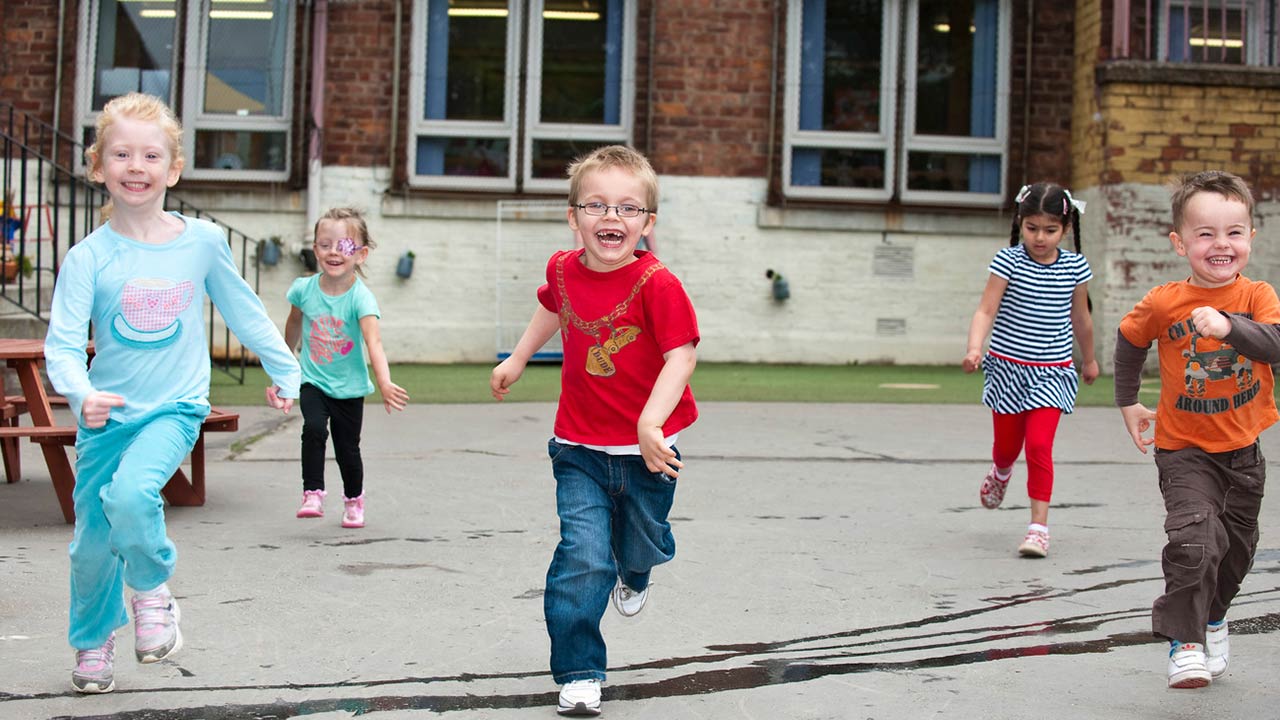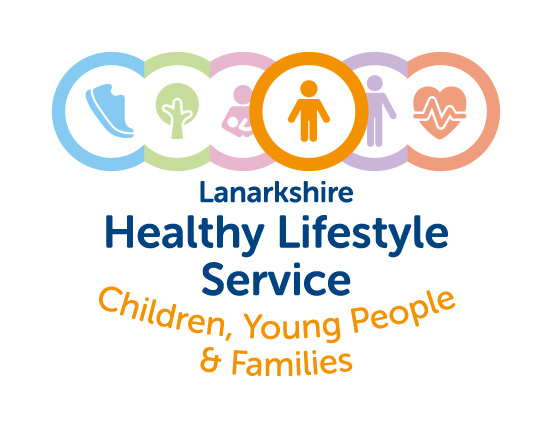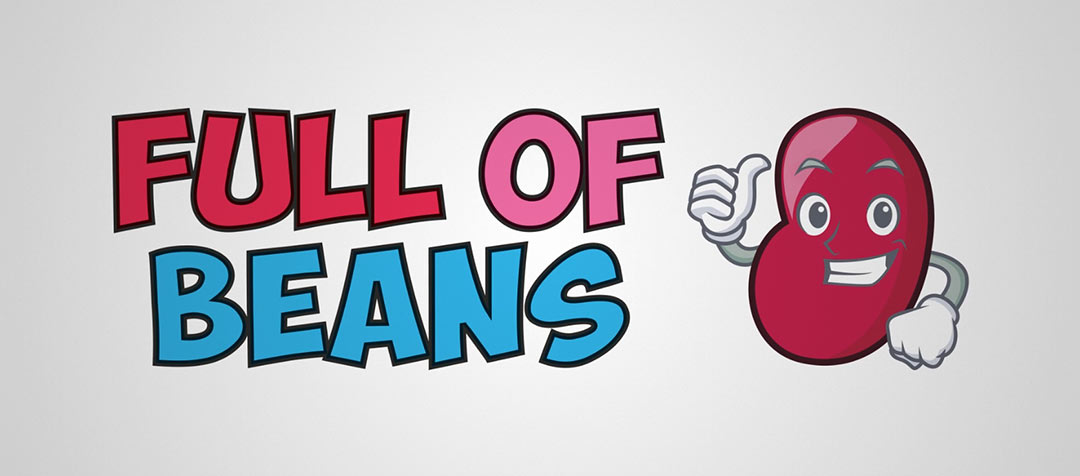Child and Young Person Healthy Weight

Child Healthy Weight

We know that children who have a healthy weight for their height have better physical health. When our children eat and grow well they are also fitter, healthier and do better at school and play. To give them a head start we know it is easier to create healthy daily routines as early as possible.
There are many ways parents and carers can support their children to be healthy. Small changes can make a big difference, such as short bursts of activity or play and eating a healthy balanced diet to support their development.
6 key steps to supporting your child
For advice and ideas – take a look at our 6 Steps to Success and Child & Young Person Healthy Weight resources:
Be a Good Role Model
One of the most powerful ways to encourage your child to be active and eat well is to do this yourself. Visit here for nutrition advice.
Good Sleep
Good sleep is important for your child’s physical and mental wellbeing. You can find out more about healthy sleep for children.
Healthy Portion Sizes
A good rule of thumb is to start meals with small servings and then let your child ask for more if they’re still hungry once finished.
Prepare Healthy Meals and Snacks
Involve the whole family with small changes to achieve a healthy, balanced diet. Find out more; Eat Well & Parent Club.
Encourage Physical Activity
Any kinds of physical activity count, whether it’s going for a walk or cycle, playing in the park or indoors, being active is fun and good for health.
Reduce Screen Time
Try and limit the amount of time your child has access to screen time. This includes watching TV, playing games consoles and using smartphones & tablets.
Active Play
Play is an important part of a child’s early learning. Playing helps children to develop their communication and social skills, physically active play of any kind is good for their health and happiness.
For free information and tools to download try The Play Scotland resource library. The Play Scotland library supports play in lots of ways for all children and young people; and includes ideas for play at home, in care and learning environments and in the community.
Take a closer look by visiting Play Scotland’s resource page.
North Lanarkshire Leisure - Free Programmes
- Street Soccer is for 9-16 year olds and encourages young people to improve their health and well-being in their communities through football and will take place between 7pm – 9pm at the following venues – Youth Workers will be on site providing other activities, chat and support.
Friday & Saturday Night Project
- The Friday and Saturday Night Projects provide a fun and safe environment for young people (9-17/18yrs) to socialise with friends, play a variety of sports. Each Friday and Saturday night the centres are closed to the public and available for the young people in the community to enjoy a range of sporting activities including football, dance, badminton, basketball and swimming!
Girls Football Sessions
- Delivered in partnership with Villa Park at Ravenscraig Regional Sports Facility for girls aged 5-9 between 5-6 pm on Thursdays. To register email curries@northlan.gov.uk
-
Full of Beans is a free, family fun programme, for anyone with children aged between 18 months and five years old.Face-to-face sessions are back, and you can take part in fun activities whilst learning handy tips on topics such as health and wellbeing, for you and your family!Programmes are in partnership with South Lanarkshire Leisure & Culture and North Lanarkshire Council and are free to join. Classes take place in the following North Lanarkshire centres:
- Shotts Leisure Centre
- Wishaw Sports Centre
- The Time Capsule
- Sir Matt Busby Complex
- Tryst Sports Centre
If you’re interested in registering or finding out more information, contact: David Clark, sport development and participation officer, North Lanarkshire Council – clarkd@northlan.gov.uk
South Lanarkshire Leisure - Free Programmes
- South Lanarkshire Leisure and Culture, Sport and Physical Development Services Programme.
- Looking for activities to entertain your children during the summer? Whether it be trying a new sport or meeting new friends our ACE summer programme is for you!
Full of Beans
-
Full of Beans is a free, family fun programme, for anyone with children aged between 18 months and five years old.Face-to-face sessions are back, and you can take part in fun activities whilst learning handy tips on topics such as health and wellbeing, for you and your family!Programmes are in partnership with South Lanarkshire Leisure & Culture and North Lanarkshire Council, and are free to join. Classes take place in the following towns in South Lanarkshire:
- East Kilbride
- Hamilton
- Clydesdale
- Rutherglen and Cambuslang
If you’re interested in registering or finding out more information, contact: Tanya O’Hara, South Lanarkshire Leisure and Culture – tanya.o’hara@southlanarkshireleisure.co.uk
Take part in all the fun that Full of Beans has to offer from home!
Full of Beans is run in partnership with North Lanarkshire Council and South Lanarkshire Leisure and Culture for those with children aged between 18 months and five years old. Each video is a new theme for families to learn from such as healthy behaviours, fussy eating and snacks. The class begins with everyone learning and getting involved in the Full of Beans song, before playing exciting games.
Exercise at home
The whole family can take part in these fun and active videos from home, ranging from early years to 12+!
Early Years – Primary 3
Primary 4 – Primary 7
Young people aged 12+
Measuring your child’s weight
Children grow quickly and their body shape changes over time, so it can be hard to know if you should be getting help for your child’s weight. An easy online tool to use is the NHS BMI (Body Mass Index) Calculator to help check if your child’s weight is outside a healthy range. If you need help to find out your child’s height and weight you can also discuss this with your child’s GP, Health Visitor or School Nurse.
For information about talking to your child about their weight, view ‘Talking to Your Child about Weight – a guide for parents and caregivers of children aged 4-11 years old.’
Useful Links
BSL – Keeping Active Guidelines
- For under 5’s, children and young people for healthy growth.
- Aims to ensure parents have the essential support and tools they need to make healthier choices for their families.
- Parent Club offers up-to-date guidance from the Scottish Government on your child’s health and education. It’s full of hints and tips and advice to help look after your own wellbeing and to point you in the direction of the support available.
- Featuring tips and tricks for getting children 8-12 years out to play.
- NHS interactive Eatwell guide shows how much of what we eat overall should come from each food group to achieve a healthy, balanced diet.
- Is a framework to guide to support Health and Wellbeing education throughout the school year.
- Play Together on Pedals is a preschool and family cycling project, encouraging families to get active through enjoying the fun and freedom of cycling together.
Healthy Weaning Recipes and Advice
- These step-by-step and easy to follow video guides introduce families to simple weaning recipes that can be easily adapted as their child grows.
Nutrition for children and young people
The age and stage of your child will mean they need different nutrients from food to grow and stay healthy.
Children aged 1 – 4 years old
Children aged 1 to 4 years are growing really quickly so they need a healthy mix of food in smaller amounts. This is to make sure they get everything they need in toddler sized portions. Things you can do to help make your child’s food as healthy as possible are:
- Keep to a routine with meals and snacks when you can
- Aim for 3 small main meals per day with a good mix of healthy food, and offer 2-3 snacks per day like fresh fruit or yoghurt. Think 5 5 3 2: 5 portions of starchy foods, 5 portions of vegetables and fruits, 3 portions of dairy foods, 2 portions of protein (meat, fish or poultry) or 3 portions of vegetarian protein (such as soy, quorn)
- Try slowly adding high fibre starchy foods to their diet, these can fill up little tummies very quickly meaning your child might ignore other important bits of their meal
Some food tastes and textures take a little practice to eat, but we know that young children who are able to learn about healthy food by eating it early on will find it easier to eat that way for life. See the section below on Food Preferences and Fussy eating for more advice.
We know that getting all the bits of a healthy diet into young children can be hard so we recommend extra vitamins A, C & D are given to children aged 6 months to 5 years old. Ask your Health Visitor or doctor about healthy start vitamins
We know that foods and drinks that are high in sugar are best kept as special treats and eaten only sometimes, and are also better as part of a meal. By having less special treats we help children learn to enjoy foods that are low in sugar as well as making sure they don’t get too much food energy from sugar or risk problems with their teeth.
We recommend working towards making meals match the healthy mix of food in The Eatwell Guide by the time your child is 5.
More hints and tips for children aged 1 – 4 years old:
General advice for parents/carers
- Add little or no salt during cooking and don’t add any salt to food after cooking,
- Nuts should not be given to children under 5 years of age (nut butters or ground nuts are ok if there have no nut allergies).
- Oily fish/shellfish and liver should be given no more than twice a week.
- Offer other types of snacks to replace foods high in saturated fat, salt and sugar; for example crisps sweets, chocolate, pastries and cakes should be given as special treats only
- Special Treats include foods which contain added sugars or hidden sugars, for example fruit sugars (fructose) or syrups.
- Fruit juice and squash (diluting juice) are best given only at mealtimes so offer water or milk first at mealtimes and in between.
Food preferences and 'fussy eating'
It is common for children to stop eating foods they have previously taken and vice versa. This is sometimes called displaying food preferences and is a completely normal stage in the way children react to food, it can last for a long time and it will be different for every child.
We can encourage our children to accept the food over time by using a consistent, calm approach. By gently and positively offering foods that have been rejected children are more likely to eventually accept the food, and be more willing to try other tastes later on. It can take between 5-15 tries before some foods are accepted, keep offering!
For practical tips around food preferences have a look at Parent Club, NHS and Nutrition Scotland.
Children aged 5+
From 5 years onwards children and adults should follow the recommendations outlined in the Eatwell Guide:
- Eat at least 5 portions of a mixture of fruit and vegetables every day
- Use higher fibre starchy foods in meals, like potatoes in their skins, wholegrain breads, rice or pastas
- Have some dairy or dairy alternatives (soya/oat/nut milks/yoghurts)
- Eat some beans, pulses, fish, eggs, meat and other protein
- Choose unsaturated oils and spreads instead of saturated fats, and eat these in small amounts
- Drink plenty of fluids, at least 6 to 8 glasses a day- water is best
You do not need to achieve this balance at every meal; it is a guide to the mixture of foods you should be eating over a day or a week.
More hints and tips for children aged 5+:
Portion sizes
Portion sizes will be different for children and young people. Generally the bigger they are, the bigger their portions need to be. If you have more active children they will need to eat more. Because teenagers are growing quickly, they have higher food energy needs so portion sizes can be the same as an adult’s. Using our hands can give us a good idea of portion sizes for each of the family, as our hand sizes match our energy needs! Have a look at the British Nutrition Foundation’s Handy Portion Guide for more information.
Food labels
Food labels can help you to choose foods which have healthier amounts of energy, fat, saturated fat, sugar and salt. Some food packaging has traffic light labels with high (red), medium (orange) or low (green), this is an easy way to see how much fat, saturated fat, sugars and salt are inside.
- Red traffic lights mean the food or drink contains a high amount of the type of ingredient so we should try to have these foods less often or eat them in small amounts.
- Orange traffic lights means the food contains a medium amount of this type of ingredient so if a food contains mostly orange you can eat it most of the time.
- Green traffic lights means the food contains a low amount of this type of ingredient, so the more green lights a label has the healthier the choice.
We can use the traffic light labels to choose more foods with greens and oranges, and use less reds. We can see more easily if other similar products have lower amounts of sugar, fats and salts.
Find out more about food labels.
Cooking
We can make our meals healthier by cooking meals from scratch, as we can control the amounts and types of salt, sugars and fats added. Children love getting involved in cooking, plus it helps them to develop practical food skills, learn about food and health and even encourages them to try new things. If you are less confident in the kitchen you can learn together with family cooking ideas that encourage children to get involved. There are several resources available to support family cooking that can encourage children to get involved. Such as Parent Club and Food a Fact of Life.
Introduction to Child Healthy Lifestyles Service
If your family has been referred to NHS Lanarkshire’s Child and Young Person Healthy Lifestyle Service, Child and Young Person Dietitian, Kerry McLeod, explains in the below short video what families can expect from being referred to the service.
If you would like to find out if this service can support you and your family with making healthy lifestyle changes, please speak to your GP or health professional.
Cooking together:



